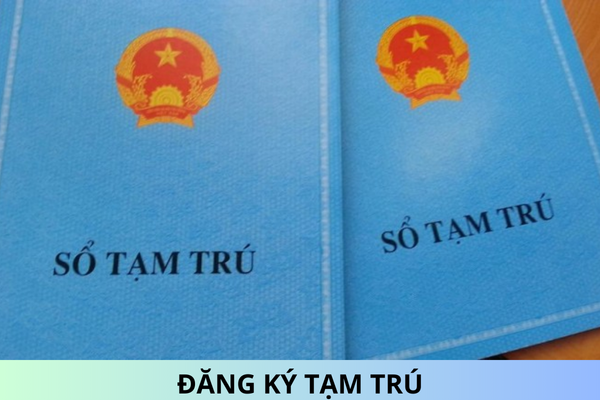The Effectiveness of Secured Transactions Against Third Parties
Based on Article 23 of Decree 21/2021/ND-CP (effective from May 15, 2021), the regulations are as follows:
A security measure only becomes effective against third parties when the security agreement has legal effect.
In cases where the security measure must be registered according to the Civil Code, other related laws, or is registered by agreement or at the request of the secured party, the time of registration at the competent authority as prescribed by relevant laws is the time when the security measure becomes effective against third parties.
In cases not covered by Item 2 of this Article, the effectiveness against third parties of the measures of pledge, deposit, or security deposit arises from the time the secured party holds the secured assets.
Holding the secured assets as defined in this item means the secured party directly manages, controls, and governs the secured assets, or someone else manages the secured assets by agreement or according to the provisions of law while the secured party still controls and governs these assets.
In cases where the secured assets are subject to security measures as defined in Item 3 of this Article and are handed over to another person for management, the effectiveness against third parties of the security measure arises from the time:
a) The pledgee, depositor, or security deposit holder holds the secured assets;
b) The asset manager directly receives the secured assets from the pledgor, depositor, or security deposit holder;
c) The security agreement has legal effect in cases where another person is directly managing the assets used for pledge, deposit, or security deposit.
The effectiveness against third parties of the security deposit measure arises from the time the security deposit assets are deposited into the blocked account at the credit institution where the security deposit is held.
Respectfully!










